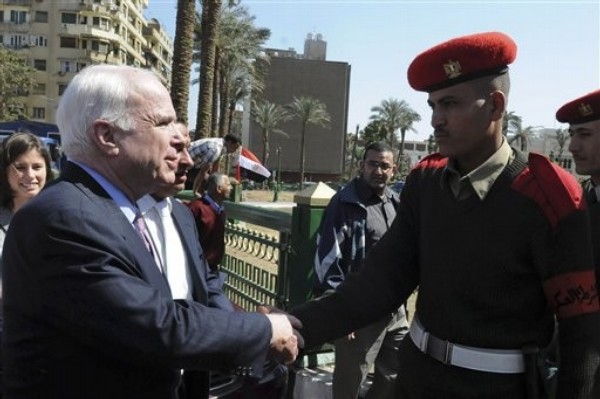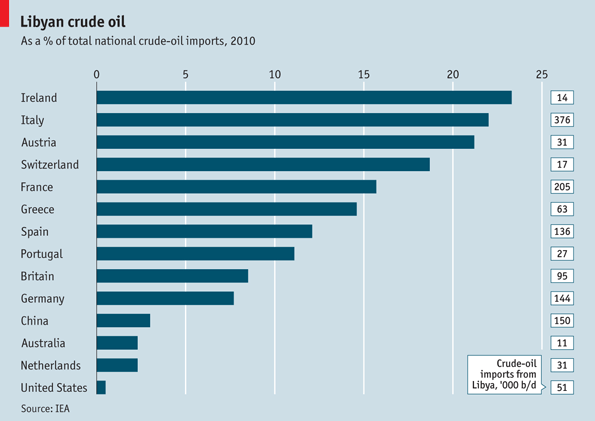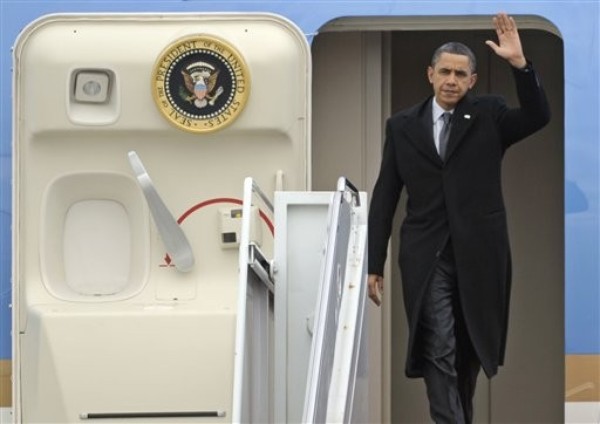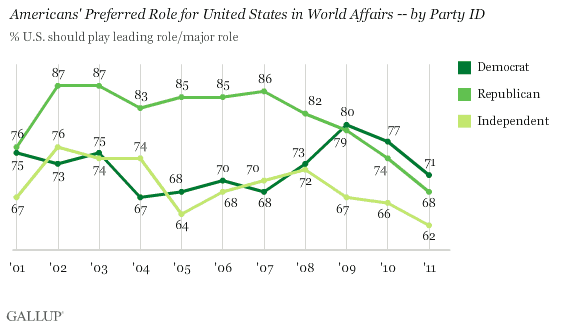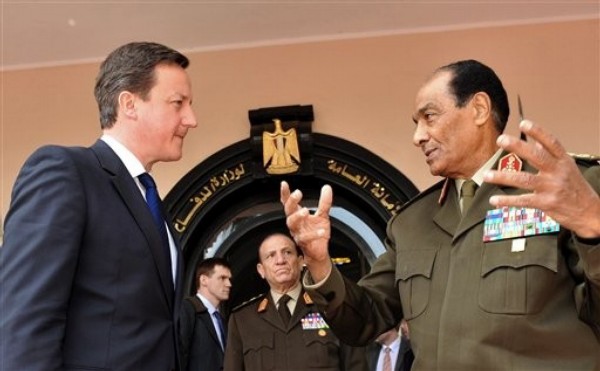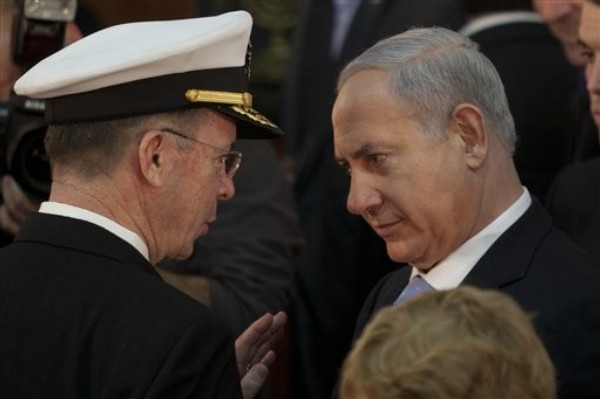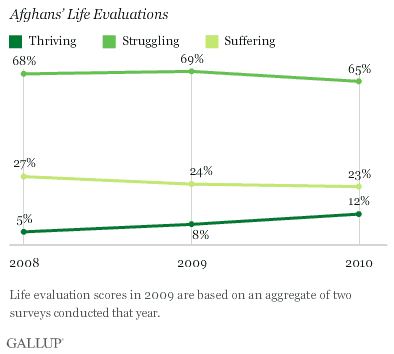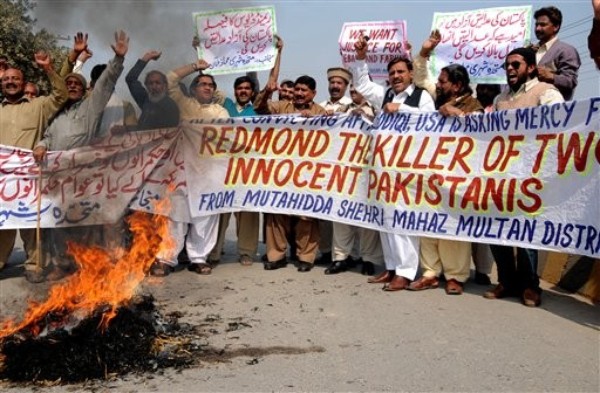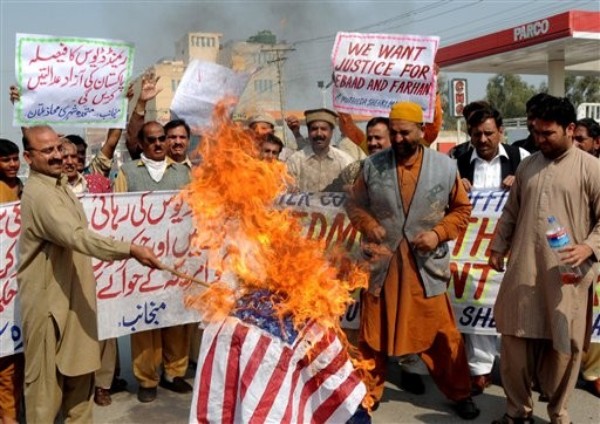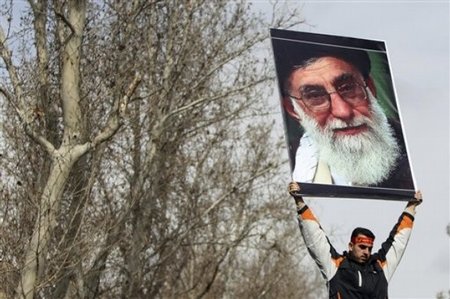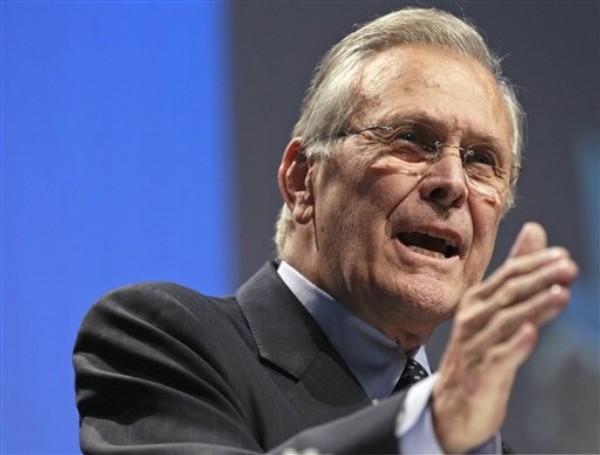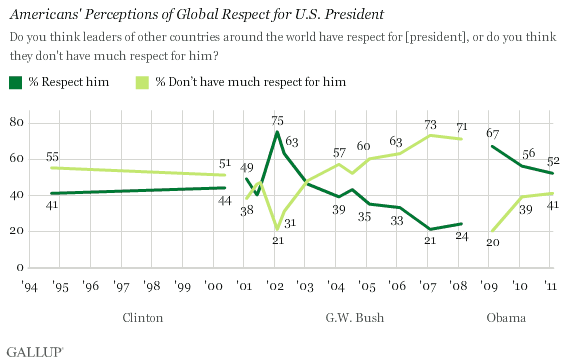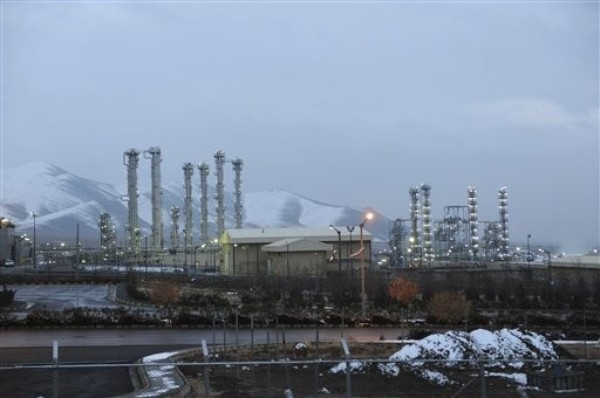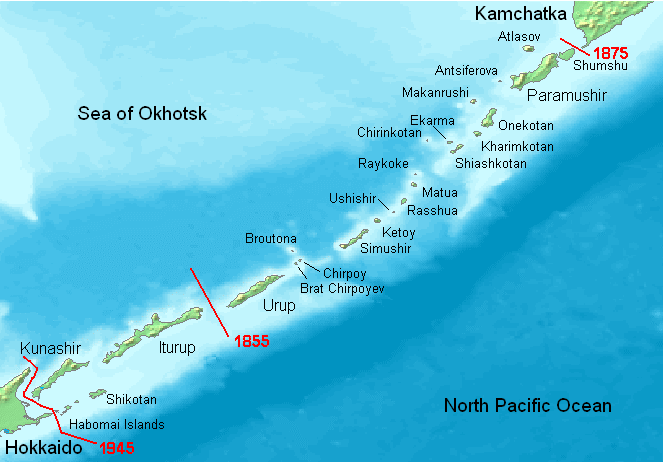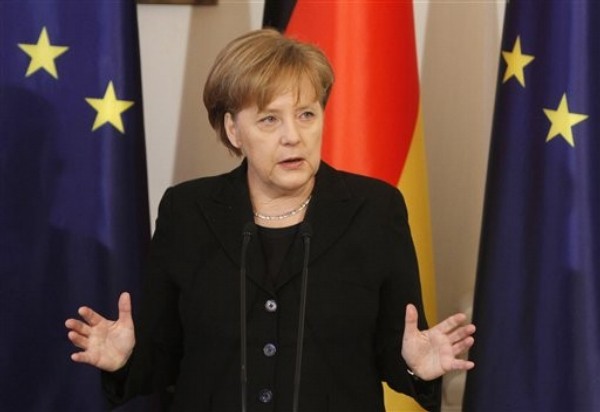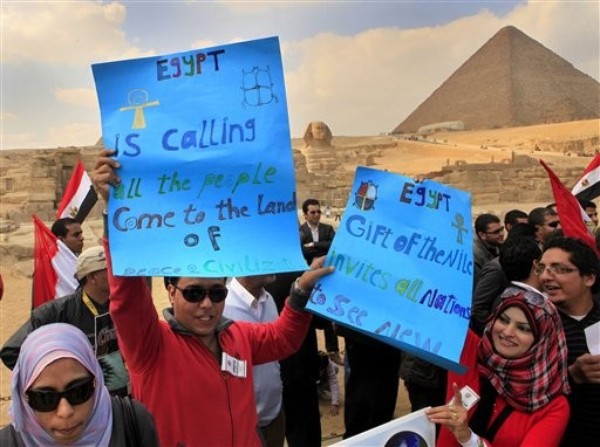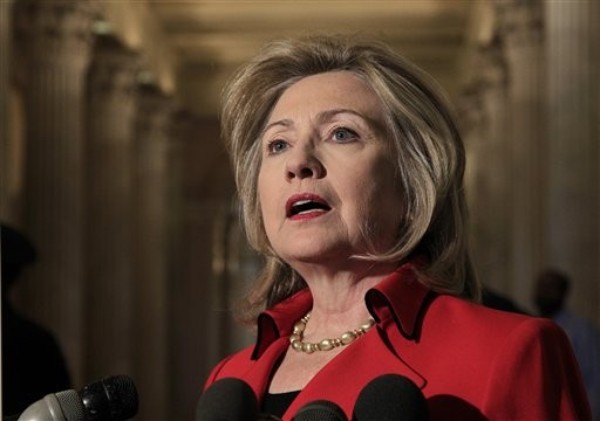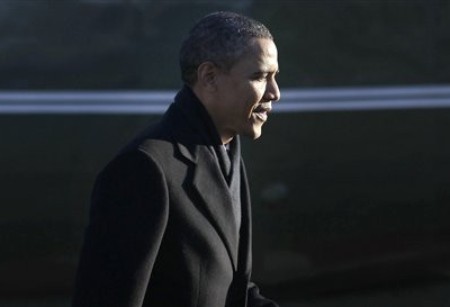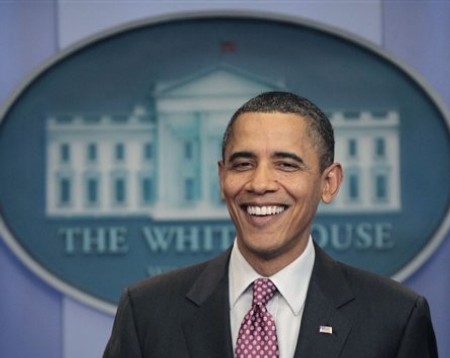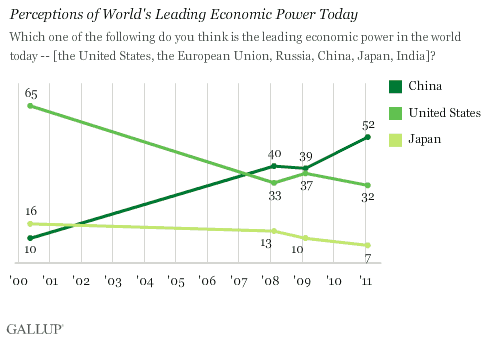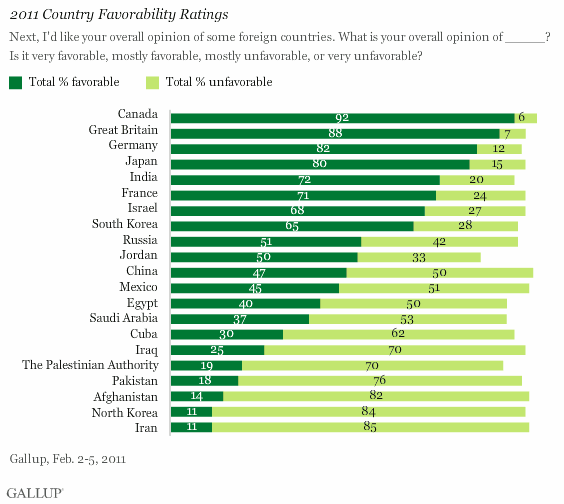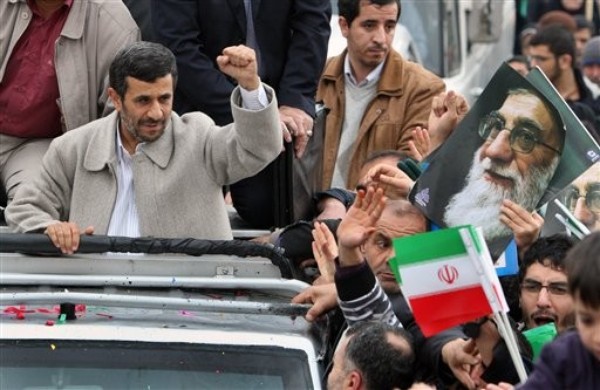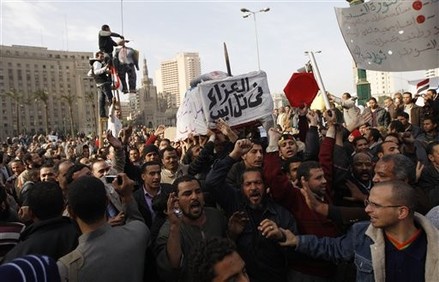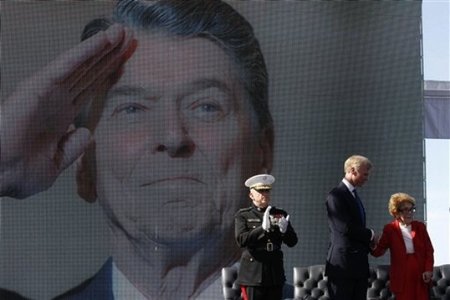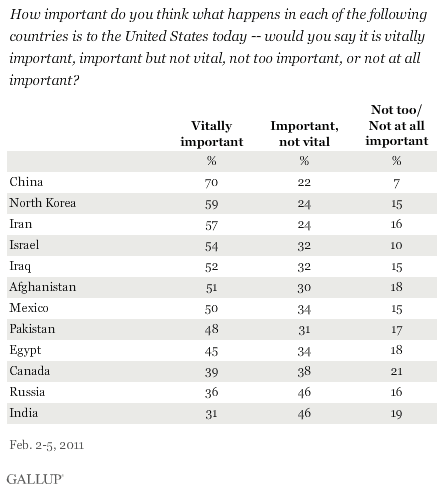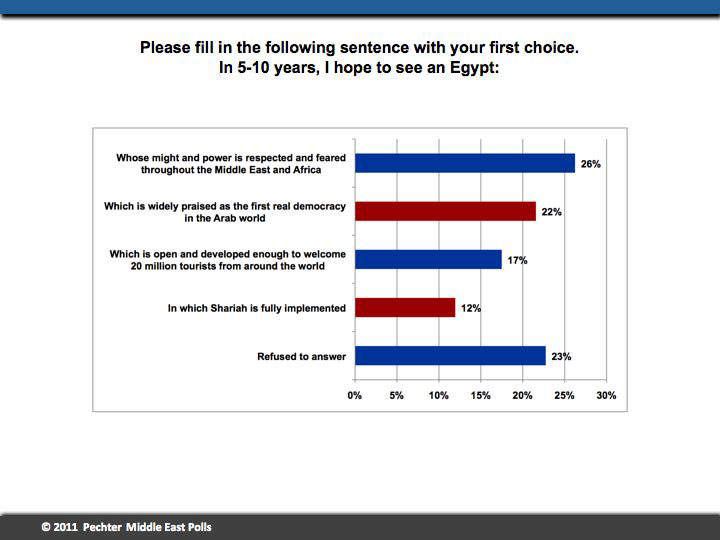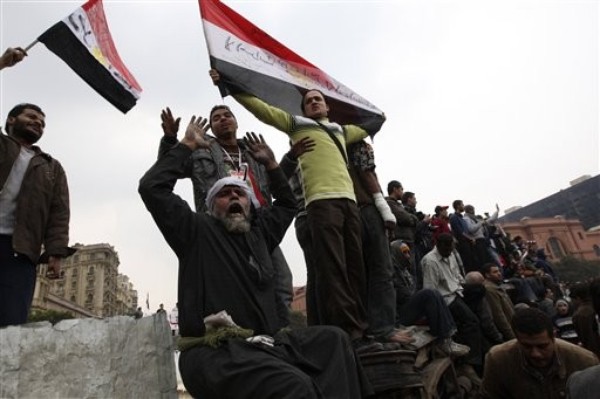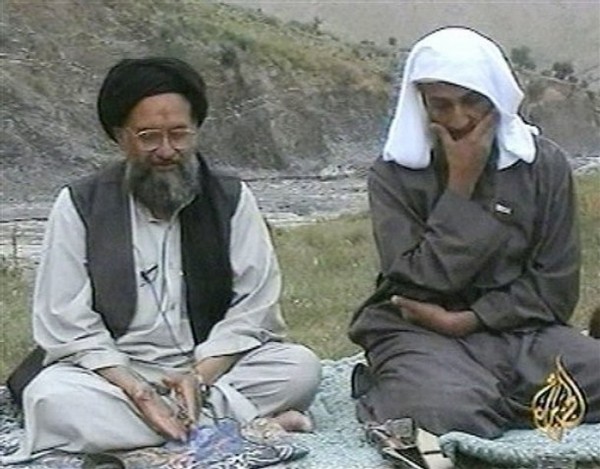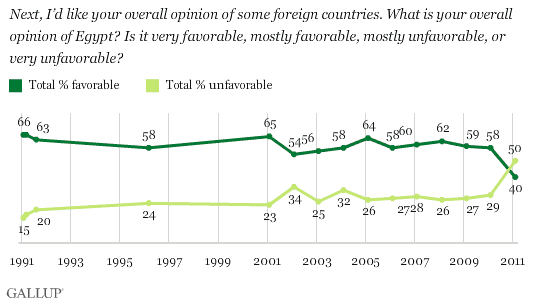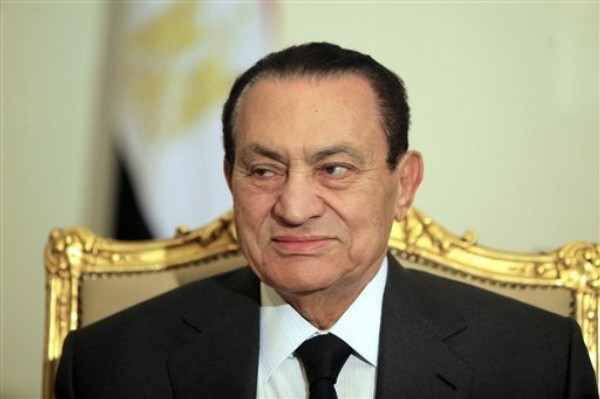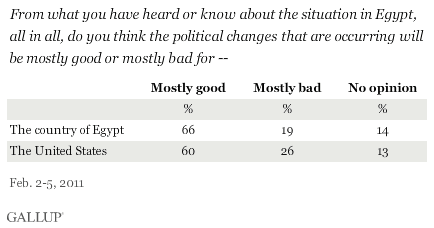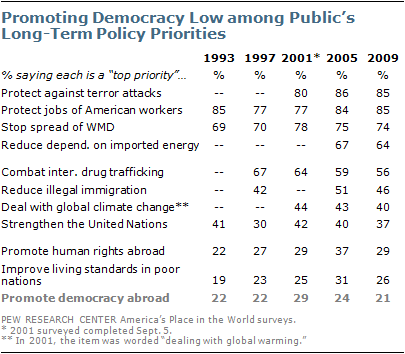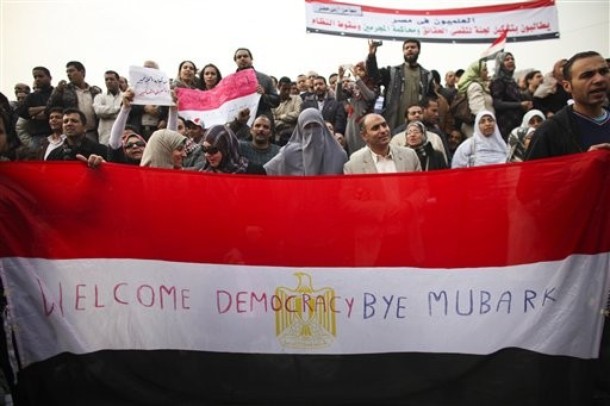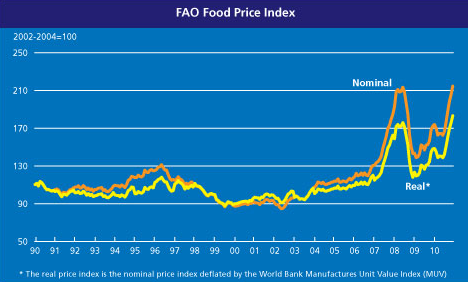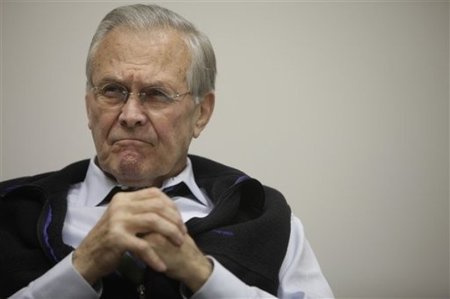
Last week, I offered a critique of an Washington Post op-ed by Dan Senor and Roman Martinez in response to Donald Rumsfeld's book Known and Unknown. Senor and Martinez were kind enough to reach out on Friday to share their views, which are included in the following email. I encourage you to read their message in full, and then I'll share a few thoughts in response:
Ben,
We saw your blog post discussing our op-ed, “Donald Rumsfeld’s Iraq Revisionism,” and we wanted to send you a quick response.
We think Secretary Rumsfeld's May 13 memorandum speaks for itself. We encourage all of your readers to take a look at it in its entirety, including the sentences we quoted in our op-ed and the sentences quoted in Rumsfeld's book.
Rumsfeld's basic claim in the book is that he favored a "swift transition" of authority from the Coalition to an "Iraqi transitional government." But the May 13 memo – which elaborates twenty-six different policy guidelines for Ambassador Bremer to implement – nowhere mentions this objective. Surely if Rumsfeld had wanted Bremer to move quickly to establish an Iraqi transitional government, Rumsfeld would have told him so. Indeed, it is striking that Rumsfeld has neither produced nor cited a single document establishing that Bremer was ever given instructions to establish a fully empowered Iraqi government right away.
As you note, the May 13 memo does highlight the need to “involve” Iraqis and have them “[be] seen as” engaged in Iraq’s reconstruction. But everyone engaged in U.S. policy making on this issue (including Bremer, Rumsfeld and officials at the Pentagon, State Department and White House) wanted Iraqis to participate as quickly as possible. Our disagreement with Rumsfeld is not over whether he wanted to “involve” Iraqis, but rather over his stance (and U.S. policy) concerning a different question: whether the U.S. would swiftly establish an Iraqi government that would exercise ultimate sovereign authority.
We think that Rumsfeld’s May 13, 2003 memo shows both his clear desire to have the Coalition remain in charge of Iraq in the postwar period, and his apparent lack of interest in establishing an Iraqi government with real power early on. Among other things, the memo says that the Coalition should "assert authority over the country" and communicate with "clarity that the Coalition is in charge, with no conflicting signals to the Iraqi people." Indeed, the rest of the memo (in language we did not have space to quote in our op-ed) even goes on to say that the Coalition should “gain control over Iraqi foreign embassies,” “adjudicate property claims,” “privatize state-owned enterprises,” and “develop a plan for the Iraqi oil industry based on transparency and private ownership.” Another memo now posted on Rumsfeld’s website goes further, making clear that he wanted the Coalition to “keep the revenues from oil away from [the Iraqi] government” by setting up mutual funds to be owned directly by the Iraqi people (see here). Needless to say, it would have taken time for the Coalition to implement these far-reaching reforms, and they appear inconsistent with Rumsfeld’s assertion that in fact he wanted to rapidly hand over authority to an Iraqi government.
Your post mentions former Under Secretary of Defense Douglas Feith's book, War and Decision. We very much admire Feith's fair-minded and good-faith effort to explain U.S. policy making with respect to Iraq's political transition, even though we disagree with many of his specific points and conclusions. We note that Feith's book confirms that when Bremer was appointed in May 2003, Rumsfeld (for whom Feith worked) opposed handing over real power to the Iraqis on a quick timeline. According to Feith, Rumsfeld said at the time that he was "unhappy that the Iraqis were pushing so hard for power before they had expanded their leadership council" and that he "wanted to tap the brakes on the political process."
As Feith explains, "Rumsfeld opposed setting up a full-blown Iraqi government immediately," preferring instead "to take time to judge the new leaders' competence, integrity and political acceptability before the coalition gave them sovereign authority over all the Iraqi government's ministries and institutions." This description of Rumsfeld's views – which is consistent with our own personal recollection of his thinking during the relevant period – is at odds with the account Rumsfeld gives in his book.
It is true, as you note, that Rumsfeld encouraged Bremer to create an “Iraqi Interim Authority” (IIA) in the summer of 2003. But as our op-ed explains, the President and his advisers expressly concluded, well before Bremer was even hired, that the IIA was not going to be a fully empowered sovereign government. Rather, it was going to exercise limited authorities, subject to an ultimate Coalition veto. Bremer essentially implemented the IIA concept (albeit under a different name) when he announced the Iraqi Governing Council in July 2003. Rumsfeld was fully supportive of these efforts at the time.
Finally, your post says that Bremer announced in July 2003 “that a true power-sharing arrangement [with Iraqis] would not work.” We are not sure exactly what you mean by this. It is true that the Governing Council did not have independent authority to overrule the Coalition on specific decisions, but that was consistent with the Pentagon’s own assumptions concerning the IIA. Even without such authority, the Governing Council nonetheless played an enormously significant role in helping the Coalition govern Iraq during the occupation. Not only did it immediately appoint all of Iraq's cabinet ministers, but it also drafted Iraq's interim constitution, developed and approved far-reaching economic reforms, took over control of the de-Baathification process and worked closely with the Coalition to make key decisions with respect to the evolving security situation.
Although we respectfully disagree with much of your post, we do want to note our strong agreement with your statement that “it’s important to understand what was actually said at the time, and not judge it unfairly through 20/20 hindsight.” This sentiment is precisely what motivated our original critique of Rumsfeld’s book.
Dan Senor
Roman Martinez
This is certainly a thorough response, and I appreciate it, particularly because Senor and Martinez speak on this as men who were directly involved, with on-the-ground and in-the-meetings experience, during the point in question. But their defense of Bremer is also, in my view, unconvincing on a few points.
First, I think their description of Rumsfeld's "basic claim" is a bit too basic, and their representation of Doug Feith's account in War and Decision, his extremely thorough and analytical book (which ought to be on everyone's list along with Rumsfeld's), is also far from inconsistent with the overall account Rumsfeld relates. Rumsfeld's book does not indicate an endorsement of a "liberate and leave" strategy or a total and immediate transfer of power. As Rumsfeld in his book writes of the internal conversations in the NSC meetings including Richard Armitage and Vice President Cheney, Rumsfeld notes:
"no one...was pushing for a few Iraqis with Washington connections to fly in and take the reins of a nation of twenty-five million people... Only after those on the interim authority had developed and
demonstrated their leadership capability would they take over key government ministries such as Ministry of Defense, the Ministry of Interior and the Ministry of Oil."
Those who demand attention to detail should expect it as well, and I don't see a disavowal here of a transitional organization handling major responsibilities. The difference here comes in the nature of that organization, in what responsibilities and capabilities it has. Feith's book contains multiple memos outlining what the Interim Iraqi Authority (IIA) is supposed to look like, and as far as I can tell, the IGC contained only one of the IIA's several major components as listed in Appendices six, seven, eight and nine of Feith's book.
Yet Senor and Martinez write:
Bremer essentially implemented the IIA concept (albeit under a different name) when he announced the Iraqi Governing Council in July 2003.
And in the next paragraph:
It is true that the Governing Council did not have independent authority to overrule the Coalition on specific decisions, but that was consistent with the Pentagon’s own assumptions concerning the IIA.
This seems a very questionable depiction of the situation. The entire IIA concept was based on the idea that Iraqis would have an opportunity to prove themselves by taking sovereignty over certain areas within weeks, while the CPA would retain authority over the areas of greatest concern. Rumsfeld and Feith both draw distinctions here from Afghanistan - primarily because of the resources involved, but for more complex reasons as well - and Rumsfeld was opposed to any provisional government. The attempt to fashion an IIA design was, as Feith has noted, an attempt to navigate between Scylla and Charybdis.
If Martinez and Senor intend to claim IGC really does equal the IIA concept, that really seems to me to open up a larger number of questions. While the IIA was in theory composed of hundreds of Iraqis and had sovereignty over certain areas, the IGC was roughly two dozen people who reported to Bremer in every respect.
What Rumsfeld recognized is that major responsibilities needed to be transitioned over time to the Iraqis. But I would argue, and I suspect others as well, that this is not what Bremer did. In function, I share the view that the IGC was little more than a puppet body - a collection of advisers invested with no authority to control even the minor areas they supposedly headed. As Feith notes in his book, the chief problem in the summer of 2003 was lack of responsibility being assumed by Iraqis. But no one wanted to be tagged as a puppet of the Americans, and given that this responsibility came under Bremer, it was therefore far less attractive than any Iraqi politician who might care about their political future post-CPA.
A critical scene on this point comes at the end of chapter 14 in Feith's book, where Bremer doubts that the Iraqis involved are representative. While this may be true, Feith notes that it is then doubly true for Bremer himself, who lacks any mandate not derived from Washington.
This hand-holding attitude can in retrospect be viewed as a mistake. Shortly after Bremer's Washington Post op-ed on September 8, 2003, which outlined a two-year period for the CPA to continue holding authority until after a constitution and elections, the disagreement between Rumsfeld and Bremer became far more open. From Feith's end notes, via Bremer's book:
Bremer recounts that in a September 13, 2003 conversation, Rumsfeld made him "uneasy" by expressing "enthusiasm for the concept of granting sovereignty as soon as possible to the Council or some other group of Iraqis." Bremer writes that he "told him bluntly that I disagreed" and sent Rumsfeld a memo that argued "The Council is a leaky vessel. To grant them sovereignty before a constitution and elections not only mocks our avowed commitment to a constitutional process, it risks failure of that process. Left to their own devices with only the 'guiding hand' of the UN, it is entirely possible that the GC would dissolve itself, or worse, be dominated by one or two individuals." He also reports that Rumsfeld, in a note, said that he agreed with Bremer. If his story is accurate, it appears that Rumsfeld had decided to keep his misgivings about Bremer's seven step plan to himself for the time being.
"The time being" has, of course, now passed, and Rumsfeld's misgivings are now openly shared and top the New York Times bestseller list. Seeing such things is likely to provoke a response. That said, the response from Senor and Martinez is curious to me for one reason: in my view, Rumsfeld's book is far from excessively critical of Bremer.
Taken as a whole, Rumsfeld depicts a situation where he was more inclined to give Bremer the benefit of the doubt, assuming he was progressing with the implementation of agreed upon policy. Throughout the portions on the book which deal with Iraq, there is recognition on Rumsfeld's part of the incredible difficulty of the task Bremer had been handed. In truth, I have heard much stronger criticism of Bremer from my own colleagues who worked within the CPA and the DOD than I read on the pages of Rumsfeld's book; his critique seems more even-handed, relying mostly on Bremer's own words. And if the crux of this disagreement comes down to an argument about whether the IGC was a fulfillment of internal policy on the IIA or not, I believe the balance of material and evidence inclines clearly in one direction.
One final point: this is an enlightening conversation to have, and as noted before, it's important to get this history right. Yet I'd urge Senor and Martinez to consider what they achieve by taking this argument to the Washington Post in lieu of an academic forum or an open discussion or debate, which is by its nature more thorough and cordial in tone. I've seen many former Bush administration officials share critiques of past decisions in such a manner, and inevitably something shared in conversation comes across more as constructive criticism.
Perhaps all involved in this ongoing debate should consider if constructive criticism is their goal, or if it's about coming out on top of old feuds - particularly given that they're largely on the same side of the bigger issues when it comes to Iraq policy. The newspaper op-ed is a relic of the past, needlessly restricting in length and thoroughness; it's impossible to embed memos and sourcing documents, and the process involved naturally tends to incline toward one-note point-scoring rather than the teasing out of facts.
Lionel Trilling once wrote that "the ideas that can survive delegation, that can be passed on to agencies and bureaus and technicians, incline to be ideas of certain kind and of certain simplicity: they give up something of their largeness and modulation and complexity in order to survive." In the case of this conversation, I'd respectfully suggest all the players involved consider whether a debate about these kinds of ideas and this kind of delegation process is too important to be left to the vestiges of old media.
(AP Photo)

